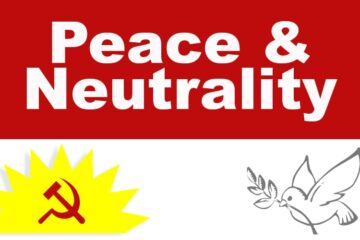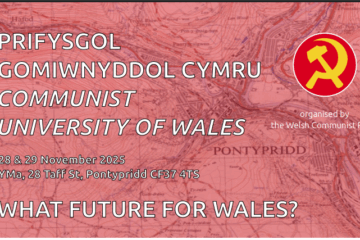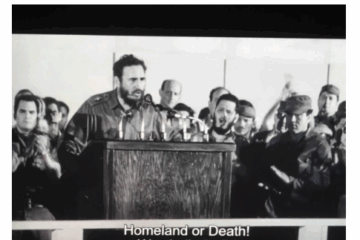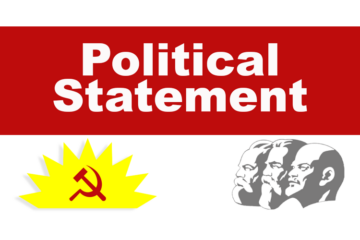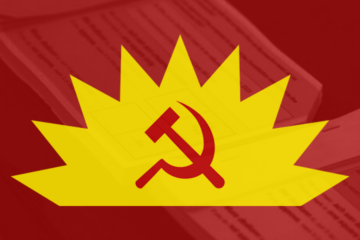The context within which any electoral or social struggles takes place is critical to an understanding of how the working class understands how or where change can be secured. The ongoing struggle between Irish democratic forces and forces wedded to imperialism is the basic context in which the elections must be understood. Within this context one must view the historical legacy of sectarianism, fostered by imperialism and its allies in Ireland, to maintain imperialist domination as a strategy used to obscure the underlying nature of the crisis.
After a relatively low-key and largely uncontroversial build-up, the results of the UK general election in the six counties indicate that little has changed politically or materially. Fracturing on the right saw unionism realign in a range of ways that reduced the number of Democratic Unionist Party MPs to five, resulting in Sinn Féin, with no change in its numbers, now being the largest of the six county parties, with seven seats. There was no shift in the overall balance of nine seats each between nationalist and unionist parties as support for unionism, nationalism, and ‘others’ remained stagnant at around 40:40:20 in percentage terms. Sectarianism, rather than societal and material conditions affecting the working class, continues to be the key factor in determining the outcome of elections in the north.
The current constitutional status of the north and partition of Ireland is bolstered by political support and financial investment from the USA, the EU, and the Irish government. There remains little space in this context for the growth of radical class-based politics that will challenge the neoliberal status quo. Thirty years of imperialist brokered peace has centred the political focus on the “two competing identities.” Both the large sectarian blocs have accepted their role within the political process as advocating for their respective communities while imperialism is accepted as a neutral arbiter.
The result of the election in Britain means there will be no change in how Britain governs the six county statelet, with the new British Prime Minister, Sir Keir Starmer, having previously ruled out a border poll and stated that, in any such referendum, a Labour government led by him would campaign for the Union. Nor do the results auger well for Westminster support in delivering on the key economic issues for the people in the north of Ireland at this time: a funding model that provides the Northern Ireland Assembly with the resources to protect and develop the public sector; proactive debate and planning for a new united Ireland that will meet the needs of all our people; preventing the slide into war under US and NATO leadership.
Those goals cannot be entrusted to the recently elected MPs in Westminster, including those from the six counties. The Communist Party of Ireland does not believe that a strategy focused purely on electoralism and encouraging the working class to seek meaningful change to their lives from bourgeois democratic institutions is the correct one. Irish democratic forces must continue to push forward for greater economic and social cooperation, and integration between our people north and south, while at the same time weakening the East-West relationship between British imperialism and unionism.
To that end, we advocate and struggle for a broad front that means working with other progressive parties, groups, and individuals in our communities, in the trade unions, students, and the peace and neutrality movements, as well as in solidarity and campaigning organisations in fighting to advance socialist ideas and anti-imperialist policies. The capacity to do that and to drive the political agenda has been seen in the defence of the health service, promotion of Irish language rights, and support for the Palestinian people – all campaigns that have benefited from their all-Ireland character.
Beirigí bua!



